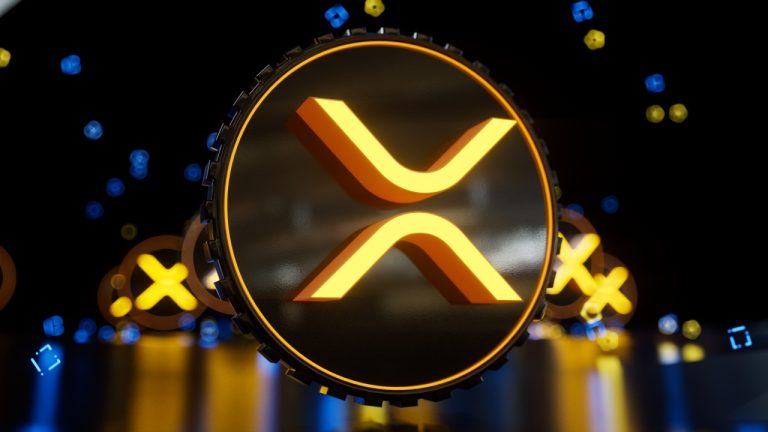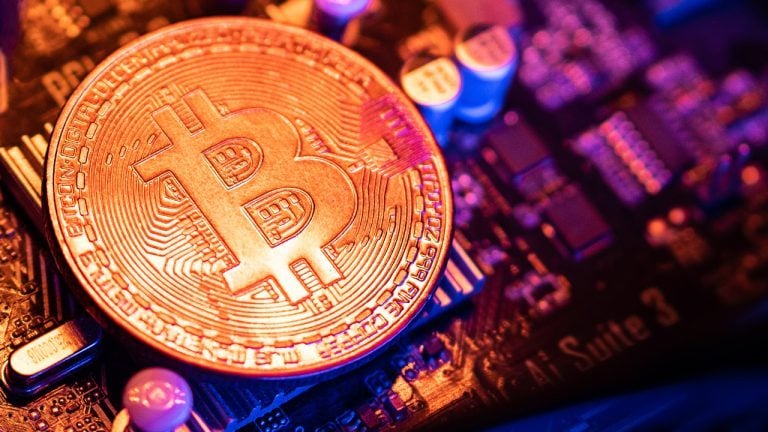ARTICLE AD BOX
Bloomberg Analyst James Seyffart has outlined potential timelines for the approval of Solana (SOL), XRP, Litecoin (LTC), and Hedera (HBAR) exchange-traded funds (ETFs). As regulatory discussions gain traction in the United States, Seyffart predicts that decisions on these altcoin ETFs may extend into late 2025, depending on various factors.
Bloomberg Analyst Shares Timeline On Altcoin ETFs’ Approval
According to Bloomberg Analyst James Seyffart, the current environment is still a bit murky when it comes to altcoin ETFs because of previous decisions made by the SEC. The approval of Bitcoin and Ethereum ETFs was mainly due to their connection with the CME regulated futures markets. However, many of the altcoins, including SOL and XRP, do not have regulated futures markets by their side and this could slower down the process of ETF consideration.
“Without a regulated market of significant size, the SEC has historically denied altcoin ETF applications,” said Seyffart. He noted that new SEC leadership in 2025 could alter these guidelines, but timeframes for obtaining approval are still unclear.
Seyffart also noted that even though firms like WisdomTree and 21Shares have recently applied for XRP ETFs, the current regulations do not permit their launch. Some of the issues that will need to be sorted out include the issue of market manipulation, custody and compliance issues before such products can be allowed to go through.
XRP ETF Applications and Staking in ETFs
Recent XRP ETF filings, including one by WisdomTree under the name “WisdomTree XRP Fund,” are seen as a step forward for altcoin ETFs. The registration for this fund was submitted in Delaware, and the company is expected to file the formal S-1 registration with the US SEC soon.
Bloomberg Analyst James Seyffart has emphasized that staking for altcoins like Ethereum and potentially others, such as SOL and XRP, could become an essential component of future ETFs. However, he noted that current regulations do not permit staking within ETF structures.
“If a more crypto-friendly US SEC administration takes charge, we may see staking allowed in 2025,” he said, suggesting that allowing staking could increase demand for such products.
Filing Timelines and US SEC Approval Process
Bloomberg Analyst James Seyffart has outlined the difference between the two key filing processes for ETFs: the 19b-4 rule filings with the SEC’s Division of Trading Markets, which starts a formal review period with set deadlines, and S-1 prospectuses, which lack fixed timelines.
He noted that while Bitcoin and Ethereum ETFs progressed through the 19b-4 process, most altcoin ETFs have yet to do so. This means their approval is not yet on a regulatory clock.
“Even if altcoin ETF filings begin the 19b-4 process today, decisions could take until late 2025,” Seyffart stated.
The analyst added that the upcoming leadership changes at the SEC could also affect the speed of approvals. A new US SEC chair under a pro-crypto administration may accelerate timelines, but the extent of such changes remains uncertain.
The Role of Index and Basket ETFs
Bloomberg analyst James Seyffart also commented on the possibility of multi-asset index ETFs, like the ones investing in BTC, ETH, and other cryptocurrencies including SOL and XRP. Some products like Grayscale’s GDLC and Bitwise’s Crypto 10 Index which have applied for ETF conversion may not be as much affected by the regulatory issues since they are heavily exposed to Bitcoin and Ethereum.
He explained that regulatory concerns regarding altcoins in these index ETFs could be mitigated if the majority of the fund’s allocation remains in Bitcoin and Ethereum. However, SEC approval for these products will likely depend on whether the agency considers the smaller altcoin holdings compliant with existing rules.
Seyffart was hopeful though not very confident about the approval of altcoin ETFs, noting the fact that it will all be determined by the new SEC administration. In his view, the first decisions regarding ETFs for XRP, SOL, LTC, and HBAR may be made in 2025, but the frequency of such decisions will depend on changes in the leadership and general shifts in the regulatory environment.
Kelvin Munene Murithi
Kelvin is a distinguished writer with expertise in crypto and finance, holding a Bachelor's degree in Actuarial Science. Known for his incisive analysis and insightful content, he possesses a strong command of English and excels in conducting thorough research and delivering timely cryptocurrency market updates.
Disclaimer: The presented content may include the personal opinion of the author and is subject to market condition. Do your market research before investing in cryptocurrencies. The author or the publication does not hold any responsibility for your personal financial loss.
 1 month ago
79917
1 month ago
79917









 English (US) ·
English (US) ·